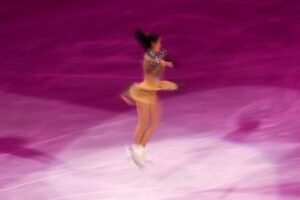On Hegel’s Philosophical System

Certainly, the concept of a system had a long history before Kant’s philosophical system, going back even to ancient philosophy and Greek language. Usually, it meant a whole in which the composing elements are integrated organically. Therefore, they depended on each other, as organs depend on each other in an organism. The representation of such …







